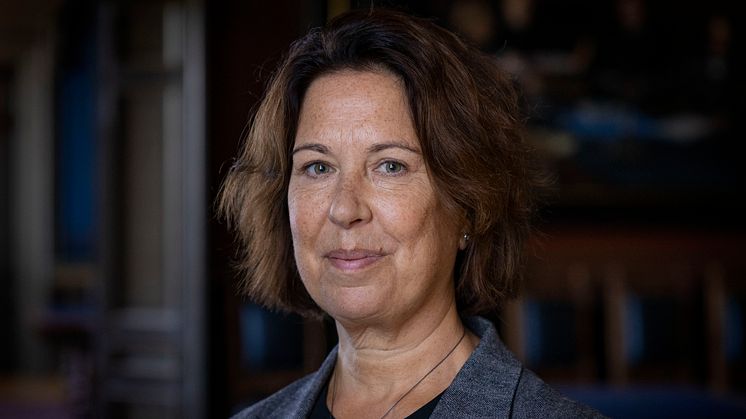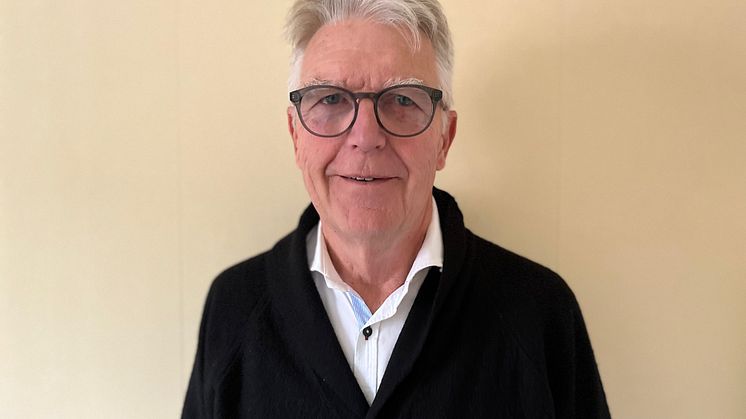
Press release -
Early prostate cancer surgery extended life
The survival rate of men with prostate cancer who had their entire prostate gland removed immediately after the tumour was detected increased by 17 percentage points compared with those who did not have treatment until the tumour began to cause symptoms. On average, they also lived more than two years longer. These are the final results of a 30-year Scandinavian study led from Uppsala University and published in the New England Journal of Medicine.
“It’s unique to have been able to follow a randomised treatment trial for so long that we have learned how treatment of early prostate cancer affects life expectancy,” says Professor Emeritus Lars Holmberg, who has been involved in the study from the outset.
In the study, which started in 1989, the researchers compared the removal of the entire prostate gland immediately upon discovery of a prostate tumour with the standard treatment at the time, which was not initiated until the tumour began to cause symptoms and almost always consisted of hormonal treatment. Over ten years, 695 men with prostate cancer alone were recruited to the study. The men were followed up until 2022.
After 30 years, most of the men who had died had died of causes other than prostate cancer. The risk of dying from prostate cancer during this period was 17 percentage points lower for those in the group offered surgery. These men also lived an average of 2.2 years longer than those whose treatment started later.
“We saw that the treatment affects the course of the disease for the rest of the individual’s life. It also means that the point when a prostate cancer study is analysed has a major impact on how the results are interpreted. The short-term perspective does not give a fully adequate picture of the pros and cons of the treatment,” says Anna Bill-Axelson, professor of urology at Uppsala University and doctor at Uppsala University Hospital.
The study was carried out before PSA testing (a blood test that shows changes in the prostate) became common. Most of the men in the study had a prostate cancer that was detected because of symptoms. This is different from the current situation, where the vast majority of people with early prostate cancer have had their cancer detected by PSA testing. The prognosis is therefore better today than for the men who took part in the study.
“But there is every reason to believe that today’s treatment choices also have consequences for the rest of the man’s life, which is important to know when advising patients,” says Holmberg.
The study was funded by the Swedish Cancer Society, the Percy Falk Foundation and the Swedish Prostate Cancer Foundation.
Holmberg L, Adami HO, Bill-Axelson A et al. (2024); Radical prostatectomy or watchful waiting in early prostate cancer. N Engl J Med 391;14; DOI: 10.1056/NEJMc2406108
For further information:
Anna Bill-Axelson, Professor of Urology, Department of Surgical Sciences, Uppsala University
Mobile: +46 70-167 97 47, email: anna.bill.axelson@uu.se
Lars Holmberg, Professor of Clinical Cancer Epidemiology, Department of Surgical Sciences, Uppsala University
Mobile: +46 73-036 36 37, email: lars.holmberg@uu.se
Topics
Categories
Founded in 1477, Uppsala University is the oldest university in Sweden. With more than 50,000 students and 7,500 employees in Uppsala and Visby, we are a broad university with research in social sciences, humanities, technology, natural sciences, medicine and pharmacology. Our mission is to conduct education and research of the highest quality and relevance to society on a long-term basis. Uppsala University is regularly ranked among the world’s top universities. www.uu.se

